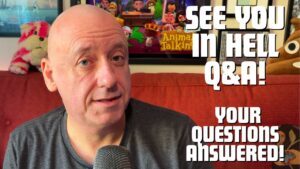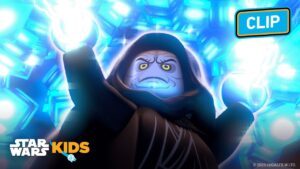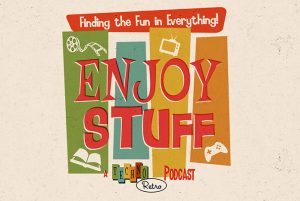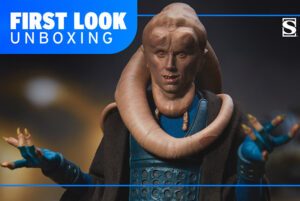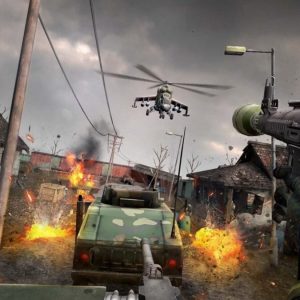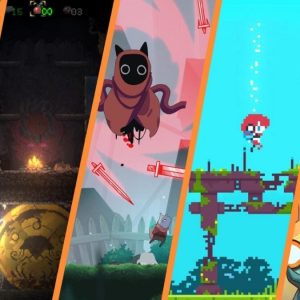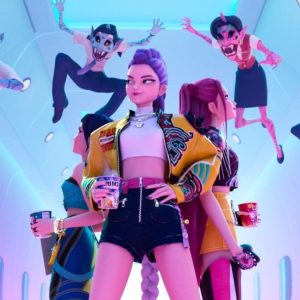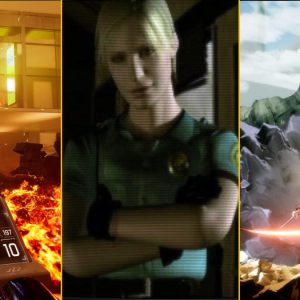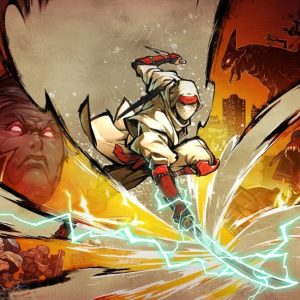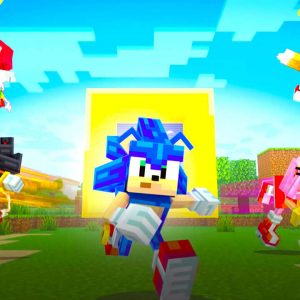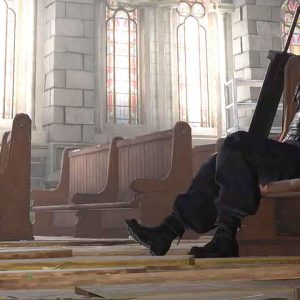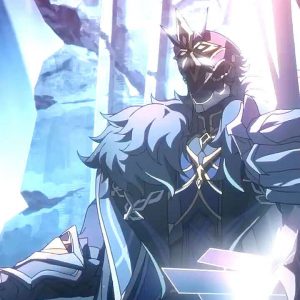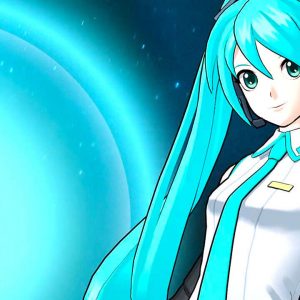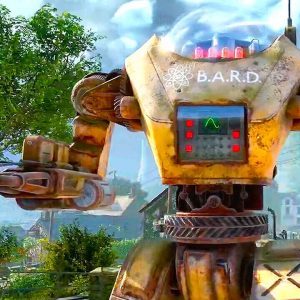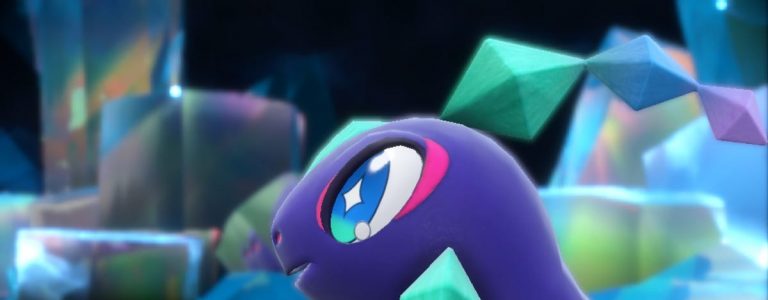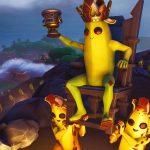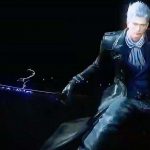scene this year has been the introduction of Grandmasters – a league-style system featuring 48 of the top players in the world, divided into three regions: APAC, North America and Europe, each with 16 players. The second season of Grandmasters started quite recently, and sees players battling it out every weekend to try and come out on top in their respective region and earn a place at the Hearthstone Global Finals at BlizzCon. Season 2 will also see two players from each region relegated to make room for fresh faces, so the stakes are high. On top of that, this season has also introduced a new format, moving away from Specialist towards a modified version of Conquest. You can find out what a number of Hearthstone pros think about that change here.For Australian Hearthstone fans, however, there’s only one homegrown hero in Grandmasters, and that’s FroStee. Based in South Australia, FroStee was one of the APAC region’s top ladder grinders, but played in virtual anonymity for years. In fact, he was on the verge of quitting when he got the call to become a Grandmaster. You can read all about FroStee’s background in my first profile on him, but now that we’re many months into the program, I thought it’d be nice to check back in with him to see how things are going. The following interview took place during Masters Tour Seoul.
IGN: How did you enjoy Grandmasters season one, and how your life has changed now that you are a salaried Hearthstone player?
FroStee: It’s been really interesting the past few months, to be honest. One of the things that’s been the most interesting to me has been a shift in mentality from a lot of people around me. They saw Hearthstone as just sort of this thing that I did on the side, and they’ve started to see it a little bit more seriously now. So there’s definitely been some cascading effect there…
I suppose one of the big things was also being on my team Legacy. I think having a very realistic base for a lot of people, seeing the team that is owned by the Adelaide Crows; that’s a name that they can also get behind. And they find that really easy to touch base on, so they can see – “Oh, sports team, esports team. Oh wow, there’s a bit of a mix going on here.”
As for Grandmasters, I’ve really enjoyed it. I suppose one of the things that I missed out on in the last interview was actually the fact that I really enjoy competing against top players. I love the fact that every single week that I come in, it’s going to feel like a challenge every single time… I really enjoy the challenge aspect of it.
I actually love having my butt handed to me as well, because I always love to keep learning. I love to keep adapting. And one of the ways that you do that is through losing a few games here or there and seeing what goes wrong… Overall, I’d say it’s been a really positive change for me. The one thing that definitely feels a little bit weird to me is suddenly a lot more people started to recognise me and started to be like, “Hey, it’s that guy.” I’m like, “Me? Oh, yeah.”
“
IGN: How did the Legacy Esports deal come about?
FroStee: I was having a chat with a few people; they were recommending some teams. They were saying that Tim, who’s the owner of the team, is a really good guy to work with, so hit him up. He’d been talking about wanting to get a Hearthstone player, and I just happened to be a natural fit…
There’s a sense of community behind it, and I love the fact that I can recognise people from my team, I can support them. I love the fact that as I said before, people recognise, say, “Oh, you play for the team that plays for the Adelaide Crows,” that sort of thing. Being at the team has been nothing but positive, and the Legacy guys have been great to me. I really appreciate what they’ve been doing…
IGN: How does that relationship work? What are your obligations? Do they want you to, for instance, stream more, or did they pick you up purely as a competitor? Because that’s who you want to be, right?
FroStee: Yeah, definitely. I’m very much a competitor. I also like creating content as well, but for the most part, I didn’t really have a good outlet for that. Streaming was one way of doing that. And I suppose the thing that I said when I was coming into Legacy was, “I want to try to create more. I just want to make more.” And they’ve been a really good outlet for that… we’re creating vlogs every day [in Seoul].
As for the actual requirements of what I’m supposed to do, they’ve been fairly open about just how I’m supposed to approach this. I suppose one of the big things for me has been trying to spread awareness of esports… as soon as they got me on, they asked me to do a television piece, interviews, all that sort of stuff… So that was a little bit hands on, but for the most part, it’s been fairly relaxed actually. It’s been a lot more of a “when you can” sort of approach rather than, “All right, got to do this, got to do this.”
IGN: Let’s chat about Grandmasters season one. How happy are you with where you landed in the end? Last time we spoke you said were determined to prove yourself and overall you did well. Were you happy, or disappointed you weren’t number one?
FroStee: I most certainly wanted to be number one. Coming into the final week, there was a chance that I could make the final week and make playoffs and I fell short. And I was really upset about that. I took that week really hard, especially the first loss of the week, because I felt like coming into it I’d had a bit of a rough start. It takes a bit of time for me to adapt. I’m not instantly one to jump into something, and even though I get thrust into new situations, it takes me a little bit of time to understand exactly how to approach them. And there’s a bit of a learning curve in there, but as I got my footing, I found that I was starting to get a lot more confident with it.
So to have a final rough week like that, it was devastating to me. I was very upset over it. I took it very hard. Usually it’s very easy for me to shrug off these sorts of things, take a little bit of a tough loss, but Grandmasters really means a lot to me, because I want to, as I said, prove myself as a competitor more than anything else. I want to show that I can do well…
I had a few noteworthy moments – Shirvallah-ing people in the face for 25 just randomly out of nowhere. A lot of the other times, it felt like even though I tried to come up and surprise people, it didn’t really pan out the way that I wanted it to. I felt like I was really capable of succeeding within the format, and it just didn’t work out the way that I planned it out to.
Watch from about the 28 minute mark.
IGN: What’s your approach for season two? I guess your goal once again is to come out on top?
FroStee: Oh yeah, if I don’t make top three, I’m going to be very upset again. But for the most part, there’s going to have to be a lot more homework being done. One of the things that was very apparent in season one for me was, I used to do a lot of homework on what the competitors were playing leading up into a match, because usually that was a really good indicator of what they were going to be playing through the week. And I try to get a read on that, try to make an estimated guess on what was the best bring. As I said before, the counters didn’t exactly pan out – the time my Hunter went 0-4 being a very noteworthy sort of thing there.
But it was very apparent that the best decks kept winning. And I felt like that kind of needs to be a change in mindset for me… especially leading up into this format, where a lot of the best decks are going to be doing the best again. It’s going to be a lot more making sure I know how to play the best decks, knowing what my opponents are going to bring, and maybe just learning some new tech cards, trying to experiment a little bit, trying to find out if there’s anything that you can do to improve it.
I’m not much of a deck builder, I’m more of a deck refiner. So when it comes down to it, I know once I’ve learned how to play a deck, I know how to put different cards into it, see what works, see what doesn’t. So I think that’s going to be a lot of my strength coming into season two. But if people come and surprise me with new decks, it’s going to be a bit of a shock I feel, because I’m going to be like, “Oh haven’t tested out this one before.” It’s going to be a little bit hard to adapt.
“
IGN: I already got your thoughts on the new format. Are there any other things you’d like to see change with Grandmasters?
FroStee: Well, I think a shift to best of five would be really good. I know that Fr0zen said cut back on some of the matches. I feel like that would naturally be one of the changes that would happen – you make it best of five, you… only stream the noteworthy matches. You could play, say, three matches for every region.
I think that’s a pipe dream though, because I don’t really feel like that one’s going to happen. I feel like Blizzard’s really stuck in [the mindset that] it’s got to be best of three, keep it short and sweet, bite-sized sort of chunks.
Other than that, I really like the system for the most part. One of the things that I was most discontent about was definitely the format. I didn’t really enjoy Specialist. At the start, it’s enjoyable because – new format, new exploration sort of thing, but when it really boiled down to it, when you start playing the same format week after week, start seeing the same decks, it starts to get quite tiresome. So a new format is definitely a big one. I was afraid that they were going to stick with Specialist for another three months there and I was going to go, “Well shucks.”
I’m really hoping that I can hopefully bring some niche decks, because the format of self-banning out some of the more risky decks of the format will maybe pay off some of the time, but we’ll see.

IGN: What’s your approach for the season going to be? You’re not necessarily going to have the time to master specific match-ups now.
FroStee: It’s a lot different I feel, because as justsaiyan said before, one of the problems [with Specialist] was that you didn’t really have to do that much homework leading up to it. I chose to, because I really wanted to try to get an advantage over people, to try to get the edge. But when it came down to it, you could just pick one of the three best decks. You could go on random.org, you could type in one to three and you could just decide out of those three, which one you’d be playing and you’d go rock, paper, scissors. All right, well now I’ve got to practice this match-up.
Of course, you’d need to know what tech cards to put in your side decks and everything like that. And as they got more refined, you didn’t really have to do that much work. You could say, “All right, generic plan for, say, Warrior, generic plan for Mage … All right, we’re good to go.” You didn’t really have to plan too much other stuff because the decks themselves were just really good against most counter decks…
Now you definitely have to have a better understanding of which ways the meta is shifting, especially when it comes to new decks that pop up… the more changes that come into it, the more interesting it’s going to be, and you’re definitely going to have to do a lot more homework behind what’s good, what’s new, what’s popping up over the place. Is the deck good? What can I do against everything else?
I feel that that’s going to be a lot more of a shift, and that the people who take Grandmasters a little bit more lightly are definitely going to find that it’s a lot more harder to do well.
IGN: Let’s end on the Masters Tour events – what’s it been like flying in for these? This is the first time Hearthstone’s held tournaments like this where you’ve got 300 plus people competing.
FroStee: It’s been definitely an experience… the tournaments themselves have been very fun. I love the fact that we can have these big events that we can see everyone fly in for.
One of the things that I really appreciate about Hearthstone is its sense of community. I can go to an event, and I know a lot of the people that I’ve met before. And it’s always the chance to meet fresh faces, people who are still kicking around, people who’ve just come here for a single event. And to me, that’s definitely one of the main appeals to me, is even though I might have a rough tournament, after the tournament, after we’re done competing, we can definitely go out. We can have fun, we can – I wouldn’t say forget everything that just happened, but you can have a good time. You’re just competitors and outside of the game, we can appreciate each other’s company more than anything else.
Cam Shea is Editor in Chief for IGN’s Australian content team and will be following FroStee’s progress all season. He’s on Twitter.
